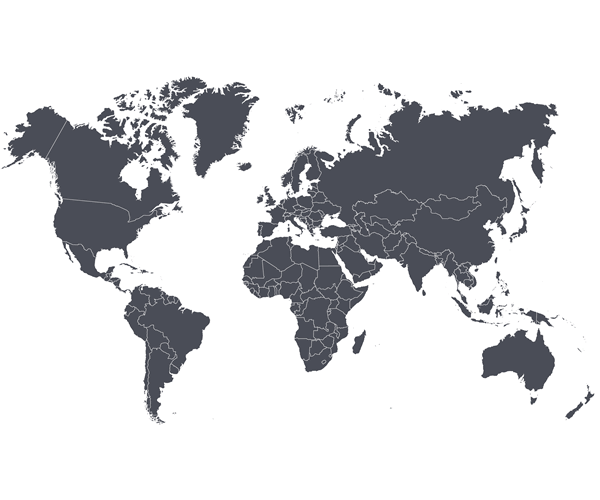Apply
Candidates will be required to submit a research proposal prior to study. We strongly advise that you contact the DEdPsy Programme Director at clare.daly@strath.ac.uk to discuss the research proposal prior to applying.
Entry requirements
Normally, a Masters degree in Educational Psychology.
You'll need to be a practising educational psychologist with at least one year's experience in the field when you're planning to join this programme. Your application must be supported by the Principal Educational Psychologist of the service you're working in.
The application
During the application you'll be asked for the following:
- your full contact details
- transcripts and certificates of all degrees
- proof of English language proficiency if English isn't your first language. For postgraduate studies, we require a minimum overall IELTS score of 6.5 or equivalent (no individual test score below 5.5, the test must be taken within two years of the programme start date)
- two reference letters, one of which must be academic
- support in principle from your line manager
- research proposals of around 1,000 words in length, detailing the subject area and proposed research methods to be investigated
By filling these details out as fully as possible, you'll avoid any delay to your application being processed by the University.
Accepting an offer
Once you've accepted our offer, we'll need you to fulfil any academic, administrative or financial conditions that we ask.






